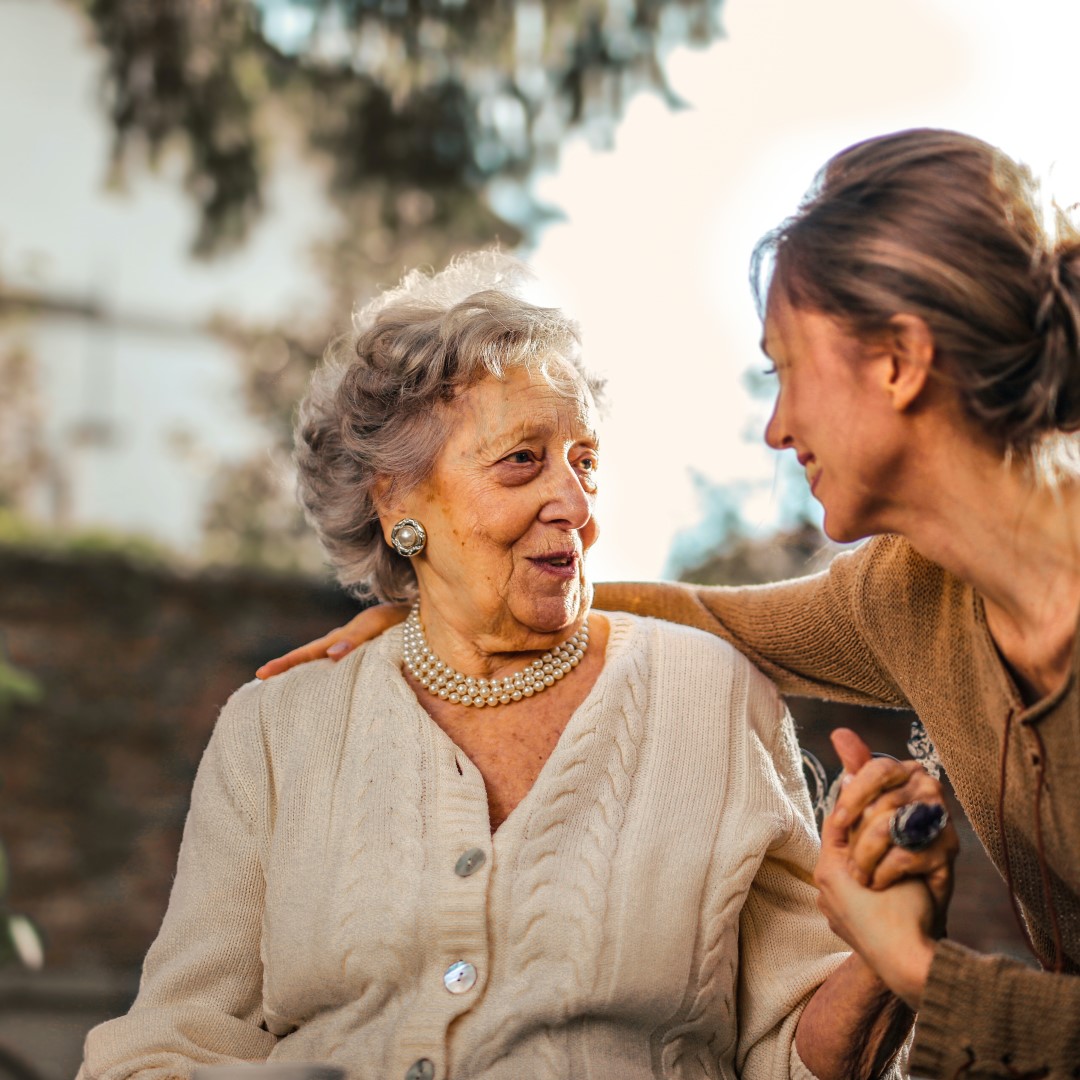

330-452-9911 (Aultman Main)
Patients & Visitors

- Patient Support
- My Experience
- Join Our Grateful Community
- Nondiscrimination & Language Services
- Patient Nutrition
- Patient Portal
- Patient Privacy
- Patient Medical Records
- Patient Rights and Responsibilities
- Patient Welcome Folder
- Tests & Procedures
- Contact Us
- Visitors
- Contact a Patient
- Aultman Anywhere App
- The Shoppes at Aultman
- Visitor Policies
- COVID-19 Information
- Parking and Maps
- Dining Options
- Things to Do
- Insurance and Billing
- Pay My Bill
- Insurance
- Financial Assistance
- Pricing
- FAQs
Services

- Medical Services
- Back & Spine Center
- Birth Center
- Cancer Center
- Critical Care
- Emergency
- Heart & Vascular
- Mental Health Services
- Neurosurgery
- Orthopedics and Sports Medicine
- Stroke
- Surgical Services
- Urology
- Support Services
- AultmanNow
- Aultman Specialty Pharmacy Services
- AultWorks
- Case Management
- Clinical Trials
- Diabetes Education
- Grief
- Home Medical Supply
- Home and Aultman Infusion Services at Woodlawn
- Home Health Care
- Hospice/Palliative Care
- Imaging
- Inpatient Rehab
- Integrated Health Collaborative
- Lab
- MEDS Clinic
- Pain Management
- Security
- Sleep Services
- Spiritual Care
- Therapy
- Urgent Care
- Victims of Violence - Forensic Nurse
- Wound Care
Health & Wellness

About

- Aultman
- About Aultman
- Careers
- Diversity, Equity, Inclusion and Belonging at Aultman
- Newsroom
- Our Policies
- Annual Report
- Community Health Needs Assessment
- Sharon Lane – An American Heroine
- Aultman Corporate Sponsorships & Volunteer Requests
Locations

- Locations
- AultCare
- Aultman Alliance
- Aultman Carrollton
- Aultman College
- Aultman Dover
- Aultman Hartville
- Aultman Hospital
- Aultman Louisville
- Aultman Massillon
- Aultman Medical Group
- Aultman North
- Aultman Orrville
- Aultman Orrville Doylestown Health Center
- Aultman Tusc
- Aultman Tuscarawas Regional Health
- The Aultman Foundation
- Aultman Woodlawn
Schedule an Appointment
*Please fill in all the required fields.
- Home >
- Blog >
- Caring For You >
-
Are Memory Issues a Sign of Dementia?
Menu

Recent Posts
- Recipe: Baked Bean Casserole
- Be a Kid Again – Without the Tech!
- Stay Safe at Summer Festivals and Fairs
- Grateful Patient Story: Steve Sams
- Six Tips for Safe Fireworks
Archive Posts

Location Finder
Here's your guide to finding any of the facilities in the Aultman family of health services, including maps and contacts.

Need a Doctor?
Aultman's network of providers is committed to high-quality patient care.

Schedule an Appointment
Click below to complete an online form.
Donate Today
You can help support and enhance services, and in turn, help patients and their families who benefit from care received at Aultman.

Are Memory Issues a Sign of Dementia?
Family members are often the first to notice the early warning signs of dementia in their loved one. Knowing the difference between forgetfulness and more serious memory problems can help you spot red flags in your relatives’ behavior.
Watch for Warning Signs
Just like the rest of your body, the brain changes with age. As a person gets older, parts of the brain may shrink, or the communication between brain cells may not be as effective. These changes can contribute to minor forgetfulness, such as misplacing car keys.
These normal lapses are different from dementia, which occurs when remaining brain cells are damaged by an injury or disease. Thinking and memory problems that aren’t a normal part of aging include:
- Repeating things in the same conversation
- Forgetting how to do regular tasks, such as how to tie shoes
- Confusion around time or place
- Trouble making choices or handling money
- Withdrawing from work or social activities
- Shifts in mood and personality
If you notice these changes or others that affect your loved one’s daily life, speak up.
Get Help
The first step is talking with your loved one’s primary care provider. They may perform tests to determine the root cause of the problem. In some cases, such as when medications are to blame for a foggy memory, the fix may be as simple as changing a prescription.
Some types of dementia, including Alzheimer’s disease, have no cure. However, treatment can slow their progress and make a person’s daily life easier.
The earlier dementia is detected, the better treatments such as medicines and memory aids will work to preserve brain function.
If you care for a person with Alzheimer’s disease or another form of dementia, remember to take care of yourself, too. Eating right, exercising and spending time with friends and family not only help you cope with stress, but can also reduce your own risk of developing dementia later on.

Location Finder
Here's your guide to finding any of the facilities in the Aultman family of health services, including maps and contacts.

Need a Doctor?
Aultman's network of providers is committed to high-quality patient care.

Schedule an Appointment
Click below to complete an online form.
Donate Today
You can help support and enhance services, and in turn, help patients and their families who benefit from care received at Aultman.